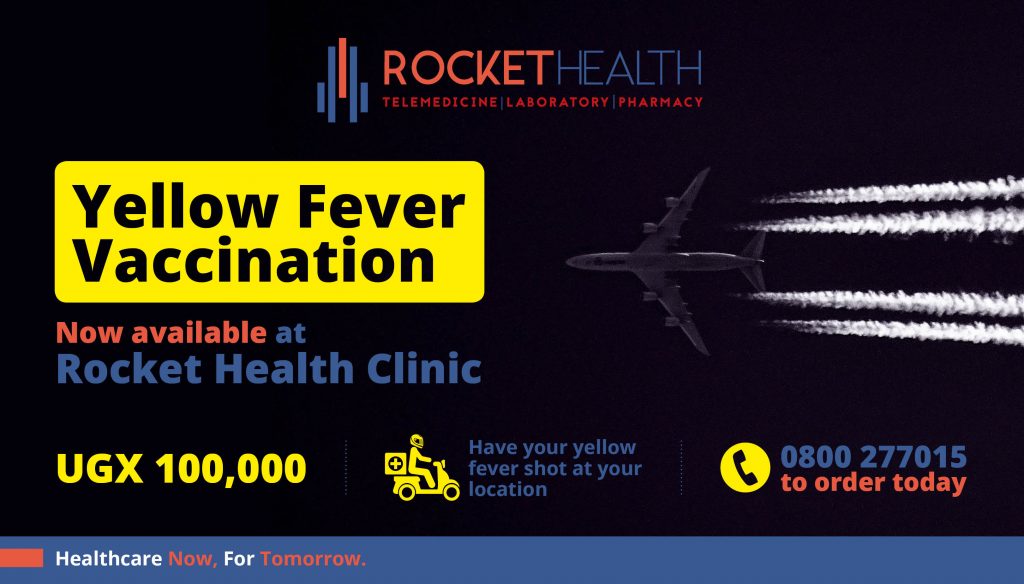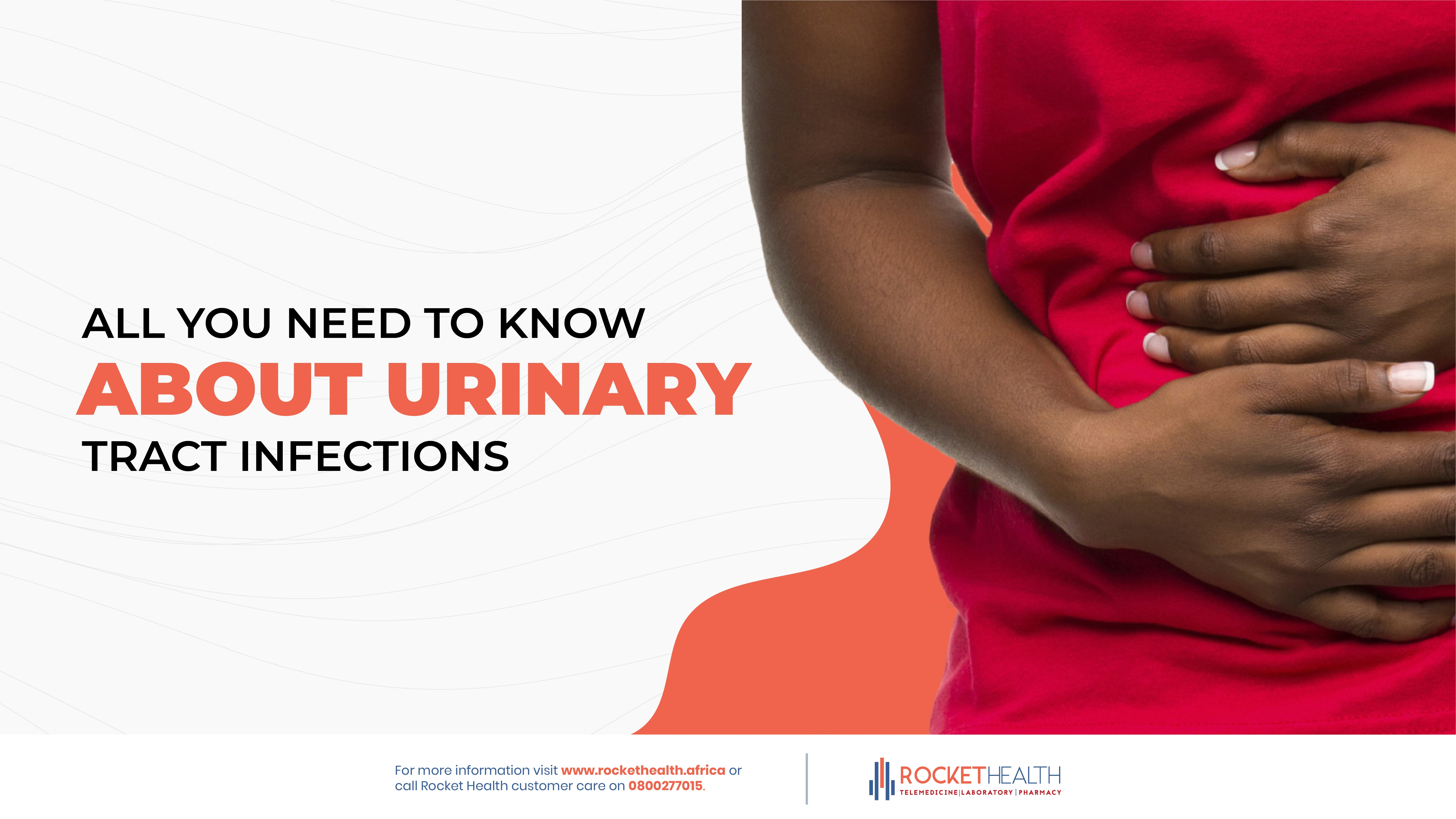Yellow fever is an acute viral hemorrhagic disease transmitted by infected mosquitoes and has the potential to spread rapidly and cause serious public health impact. Different signs and symptoms allow us to be able to determine first hand, whether one is infected or not, but there’s also ways in which we can prevent the spread of this disease.
According to the World Health Organisation (WHO), Uganda is classified as a high-risk country in the “Eliminate Yellow Fever Epidemics” (EYE) initiative, with a history of recent outbreaks in 2019, 2018, 2016 and 2011. Epidemic spread of yellow fever is a risk in Uganda as the estimated overall population immunity is at 4.2%, attributable to past reactive vaccination activities in focal districts that are not affected by the current outbreak.
Vaccination is the primary means for the prevention and control of yellow fever as it provides immunity for life.
Here is what you need to know about yellow fever and the vaccine.
What are the symptoms of yellow fever?
Symptoms of yellow fever usually present themselves in 2 phases.
The acute phase usually causes fever, muscle pain with prominent backache, headache, shivers, loss of appetite and nausea or vomiting. These symptoms usually appear after the virus has incubated in the body for 3 to 6 days.
A small percentage of people enter a more toxic phase within 24 hours of the initial remission. They experience high fever, jaundice and abdominal pain with vomiting and deteriorating kidney function. For some, bleeding may occur from the mouth, nose, eyes or stomach with blood appearing in vomit and faeces.
According to the World Health Organisation (WHO), half of the patients who enter the toxic phase die within 10 to 14 days while the rest recover without significant organ damage.

Who should get the yellow fever vaccine?
In countries where yellow fever occurs, WHO strongly recommends routine vaccination for everyone older than 9 months, and travellers visiting areas where there is a risk of yellow fever. Other than that, many countries require proof of vaccination against yellow fever before issuing a visa. Endeavour to keep your yellow fever proof of vaccination safe and carry it with you when travelling to another country.
How long does the vaccine last?
It takes 10 to 14 days from the date of vaccination for a person to develop immunity to the yellow fever virus and a single dose provides long-lasting protection. However, if one has challenges with their immune system or are in higher-risk settings, they may benefit from another dose of the vaccine after at least 5 years.
What are the side effects of the yellow fever vaccine?
Reactions to the vaccine are generally mild and include headaches, muscle aches, and low-grade fevers. People rarely develop life-threatening reactions to the vaccine. These may include;
>> Allergic reaction, including difficulty breathing or swallowing (anaphylaxis)
>> Swelling of the brain, spinal cord, or the surrounding tissues (encephalitis or meningitis)
>> Guillain-Barré syndrome, an uncommon sickness of the nervous system in which a person’s immune system damages the nerve cells, causing muscle weakness, and sometimes, paralysis.
Internal organ dysfunction or failure
If I got sick from the vaccine, what should I do?
Consult with a doctor if you got sick from the vaccine.
Can a pregnant woman get the yellow fever vaccine?
Yes, especially if there is an urgent need. The yellow fever vaccine has been given to many pregnant women without any apparent adverse effects on the foetus. If a woman is inadvertently vaccinated during pregnancy, she is unlikely to have any problems from the vaccine and her baby is very likely to be born healthy. However, for breastfeeding mothers, it may not be advisable until the child is 9 months and above.
How can yellow fever be prevented?
The yellow fever vaccine is the safest prevention mechanism against the virus however coverage must reach 80% of the population at risk. In a situation where vaccination coverage is low or the vaccine is not immediately available, mosquito control is highly recommended.
Mosquito control includes eliminating sites where mosquitoes breed, killing adult mosquitoes and larvae by using insecticides in areas with high mosquito density. Community involvement through activities such as cleaning household drains and covering water containers where mosquitoes can breed is a very important and effective way to control mosquitoes.
Where can one get a yellow fever vaccine from?
The yellow fever vaccine is available at the Rocket Health clinic. You can schedule to take your shot at the clinic or the comfort of your home. Call toll-free 0800277015 or order online.
Author: Dr Fiona Eyotaru


